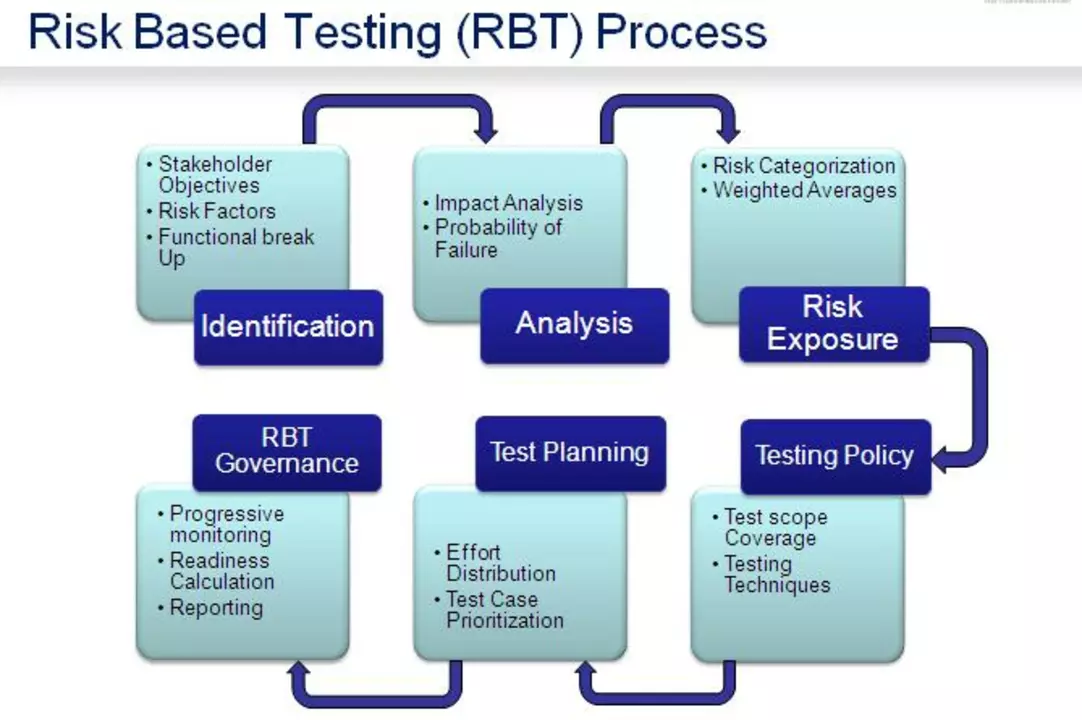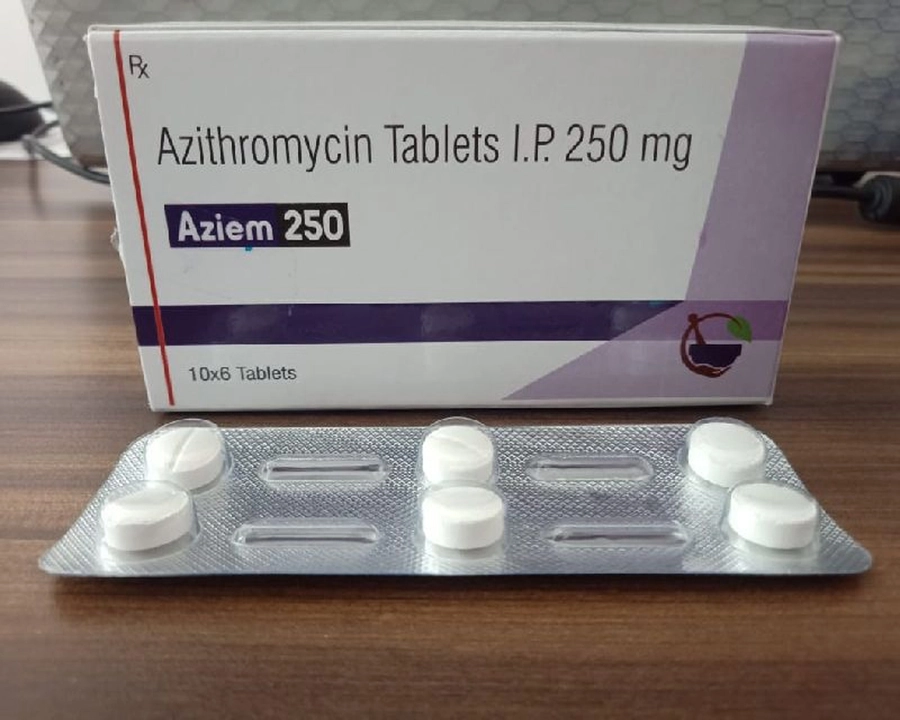Dorzolamide and the importance of regular eye exams
As a blogger, I cannot stress enough the importance of regular eye exams and the role of medications like Dorzolamide. These exams help in early detection of eye problems and ensure proper treatment, while Dorzolamide, a popular medication, helps in reducing high pressure inside the eye. This pressure can often lead to glaucoma, which if left untreated, can result in vision loss. So, make sure to prioritize your eye health and schedule regular check-ups with an eye specialist. Don't forget, prevention is always better than cure!
The Science Behind Vardenafil: How It Works to Treat ED
As a blogger, I've recently delved into the fascinating science behind Vardenafil and its effectiveness in treating erectile dysfunction (ED). Vardenafil, commonly known as Levitra, is a phosphodiesterase type 5 (PDE5) inhibitor that works by increasing blood flow to the penis, enabling users to achieve and maintain an erection. The drug's success can be attributed to its ability to relax smooth muscles in blood vessels, thus allowing for increased blood flow. Vardenafil is known for its fast-acting properties and minimal side effects, making it a popular choice for many individuals suffering from ED. Overall, understanding the science behind this medication is crucial in spreading awareness about its benefits and debunking any misconceptions surrounding its use.
The Pros and Cons of Using Finasteride for Hair Loss Treatment
As a blogger who has researched hair loss treatments, I've discovered that Finasteride is a popular option. One major pro of using Finasteride is that it has been proven to be effective in slowing down hair loss and promoting regrowth. Additionally, it's an FDA-approved treatment, which provides a level of assurance. However, there are some cons to consider, such as potential side effects like sexual dysfunction and the fact that it's not suitable for women. Overall, Finasteride has its advantages and disadvantages, so it's important to weigh these factors before deciding if it's the right treatment for you.
Can a High-Protein Diet Cause an Upset Stomach? What to Know
In my latest blog post, I explored the relationship between high-protein diets and upset stomachs. It turns out that consuming large amounts of protein can indeed cause digestive issues for some people, especially if they're not used to it. Factors like lactose intolerance and low fiber intake can also contribute to these problems. To minimize the risk of an upset stomach, it's recommended to gradually increase protein intake and incorporate more fiber-rich foods. As always, it's essential to listen to our bodies and find the right balance for our individual needs.
What to Expect During a Syphilis Test: A Step-by-Step Guide
In my latest blog post, I've provided a step-by-step guide on what to expect during a syphilis test. First, I explain how the test typically involves taking a blood sample or a swab from the affected area. Next, I discuss the various types of tests available and their accuracy levels. I also address the importance of early detection and treatment to prevent complications. Lastly, I offer some tips on how to prepare for the test and ensure accurate results.
The impact of caffeine on nausea and how to find balance
In my latest blog post, I explored the impact of caffeine on nausea and how to find balance in our daily lives. I discovered that consuming high amounts of caffeine can indeed trigger nausea, mainly due to its stimulating effect on the digestive system. To avoid this, I recommend limiting caffeine intake and opting for alternatives like herbal teas. It's also essential to pay attention to our bodies and find a personal balance that works best for us. Remember, moderation is key when it comes to caffeine consumption and overall well-being.
The Importance of a Heart-Healthy Diet in Angina Prevention and Management
As a blogger, I can't stress enough the importance of a heart-healthy diet in preventing and managing angina. Eating the right foods can significantly reduce the risk of developing this painful condition or even alleviate its symptoms. By focusing on a diet rich in fruits, vegetables, whole grains, lean proteins, and healthy fats, we can keep our arteries clear and our hearts strong. It's also crucial to limit our intake of saturated fats, trans fats, and cholesterol to maintain good cardiovascular health. In short, a balanced and nutritious diet is our best weapon against angina and other heart-related issues.
The role of brinzolamide in treating ocular hypertension
As a blogger, I've recently come across the role of brinzolamide in treating ocular hypertension. Brinzolamide is a carbonic anhydrase inhibitor eye drop that helps reduce intraocular pressure (IOP), a significant risk factor for glaucoma. By limiting the production of aqueous humor, brinzolamide effectively lowers IOP and provides relief to patients suffering from ocular hypertension. This medication is often used as an alternative or adjunct to other treatments, like prostaglandin analogs, for better management of the condition. Overall, brinzolamide plays a crucial role in managing ocular hypertension and preventing further complications, such as vision loss.








 Health and Wellness
Health and Wellness